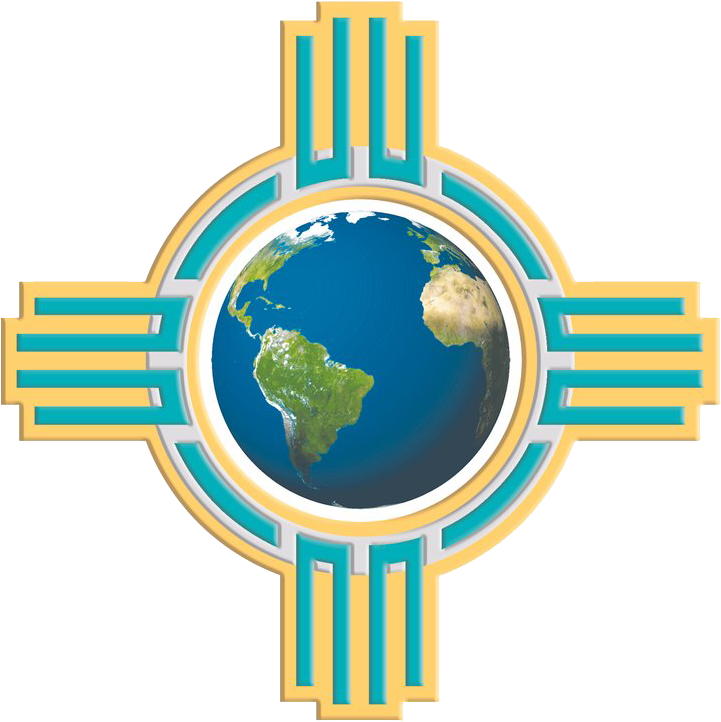
Path #5 Time Honored Insights
Integrating Wisdom of the Ages
Consciously integrating time-honored insights—understanding, balancing, connecting, opening up, and laughing—into our travels can give depth, clarity, and meaning to our experiences. Like the ancient philosophers of the past, these insights have unlocked wisdom for all of us to ponder and apply to our daily life. Dr. Ames has found that these five insights have been particularly valuable to her during her travels, as well as to her fellow travelers. By integrating these insights, we can build a greater capacity to define what is meaningful to us and engage in the world more mindfully. We may wish to reflect upon or be in-tune with these five insights as we embark upon our travels, and as we contemplate the often bewildering and wonderous world before us.
“The pleasure we drive from journeys is perhaps dependent more on the mindset with which we travel than on the destination we travel to.” – Alain de Botton
Gift giving in Bahrain, Denise Ames photo
Five Insights that Enhance
Global Awareness
1. Opening: Seeing with New Eyes
Opening up to new experiences is a way in which we can consciously shift our outlook, mindset, or our general attitude to life to one that is open, inquisitive, and flexible. An outlook is a person’s point of view or general attitude to life; a way of feeling or acting toward a person, thing or situation. It is a disposition or state of mind. The importance of our outlook is that it is the basis for everything in our lives. It influences how we react to adversity, our aptitude to grow and to learn, our capacity to overcome challenges, and our capacity to create bonds with others. For it is our outlook which determines the reality we live in and the opportunities and experiences we are available to.
Our outlook is an important factor in deciding whether we are able to enhance our global awareness during our travels. Opening up to new experiences heightens our senses, sparks an inquisitive and flexible frame of mind, opens our hearts to others, and engages our curiosity and sense of adventure. This open outlook can help travelers uncover the hidden clues revealed through travel and appreciate discovering them.
2. Laughing: The Elixir of Life
Why does the Dalai Lama, the Tibetan Buddhist leader, laugh so much? He seems to find humor in everything he does. He must be telling us something. I often think that his laughter is his main message rather than his serious and profound pronouncements. Humor is universal, all humans love to laugh. For the sensitive traveler, a sense of humor goes a long way in smoothing over cultural differences, word choice gaffes, or utter ignorance about a topic. It has served Dr. Ames well in many instances. Let’s put our sense of humor at the top of our priorities, and a quick laugh at the tip of our tongues. It can make the journey more enjoyable and lessen personal prickliness that is bond to occur during intense travel moments.
3. Understanding: Walking in Another Person’s Shoes.
In the context of Gate, understanding means recognizing and appreciating the different worldviews, perspectives, beliefs, attitudes, values, and ways of being held by ourselves and others. Dr. Ames sees understanding as becoming more aware of our being in the world. Like the spoke of a wheel, one’s core values or worldview may remain the same, but upon reflection and personal experiences these values may expand, be enhanced, or expressed differently. We step back from judgment; at least we try to, and see things from another person’s point of view. In other words, we try, as best as we can, to carry out the old adage: “Walk a mile in someone else’s shoes.”
4. Balancing: Viewing Things from All Sides.
A goal of the Gate program is to see the yin and yang of all things; the sense of balance that leads to wisdom. We avoid single cause answers to complex problems, since almost all issues require looking at multiple sides in order to arrive at lasting solutions. Different perspectives usually lead to greater awareness and better solutions. Also, be wary of too simplistic answers to complex problems, since these are only partial answers and are often naive. Often times we will find that there is not a workable solution to a problem; instead, the least problematic solution is selected.
5. Connecting: Recognizing Holistic Relationships.
Holistic thinking is a core principle of Gate. Holistic thinking is when the cultural traits of a society—politics, economy, technology, culture, religion, values, and environment— interact with, reinforce, and support each other. Changes in a cultural trait create a ripple effect, which, in turn, change other cultural traits. Holistic thinking considers the long-term consequences of actions and events, sees relationships and connections, and recognizes the big picture. Learning to think and act globally and seeing the big picture can help us glean wisdom from the past that eludes a superficial look, which can help us forge a more sustainable, realistic, and meaningful future.
Turkish students laughing, photo Denise Ames
“Travel opens your heart, broadens your mind, and fills your life with stories to tell.” – Paula Bendfelt




